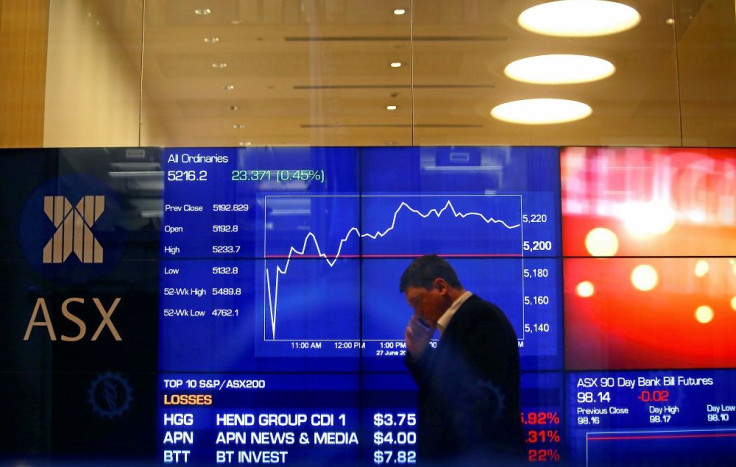Australian economy enjoys 25 years of uninterrupted growth, but next 12 month deals with post-Brexit uncertainty

Australia ended its 2015-16 fiscal year on Thursday marked by 25 years of uninterrupted growth. However, the next 12 months would focus mostly on the economic uncertainty caused by post-Brexit Europe.
Other factors that the new Australian government would have to consider for the new fiscal year is the drag from China’s slower growth and a possible fallout from the US shaken by its November 2016 election and economic uncertainty, notes the Sydney Morning Herald. It observes that central banks are running out of tools to help markets and households steady as an aftermath of the global financial crisis.
Australia also has to deal with falling prices of commodities in the international market which, in turn, affects government income and share of profits and investment returns that go overseas. Although there was continued economic growth for a quarter of a century, share of Australians from the proceeds of the national productive output dipped 1.3 percent in the last 12 months ended March 31 despite the expansion of the gross domestic product for the same period by 3.1 percent.
Shift in jobs created from high-paying ones in mining and manufacturing to low-paying ones in healthcare, tourism and hospitality has caused a lot of confusion in the Aussie economy. In June, Andre Charlton, economist of AlphaBeta, explained it to production being strong while incomes were weak.
Business Insider reports that in the past 12 months, activity level in the country’s manufacturing sector remained strong, as the past fiscal year logged the longest period of growth seen in close to 10 years. It was reflected in the increase in purchasing managers’ index which grew 0.8 points to 51.8 in June.
Michael Blythe, chief economist of Commonwealth Bank, notes that the economic indicators would seem to point to no chance of the Reserve Bank of Australia adjusting interest rates in the coming months, although global developments may make “at least one more cash rate cut this year a near-certainty.” Blythe adds the bulk of risks Australia faces this new fiscal year is from offshore on Europe working out where to begin.
On a global perspective, in a new mid-year report, KKR, a global investment company, says that despite Brexit, it does not foresee a recession or a bear market. But there would likely be more limited upside to financial asset appreciation compared to previous years, marked by higher volatility, says Henry McVy, head of KKR’s Global Macro and Asset Allocation.
VIDEO: EOFY Series: The Australian Economy




















